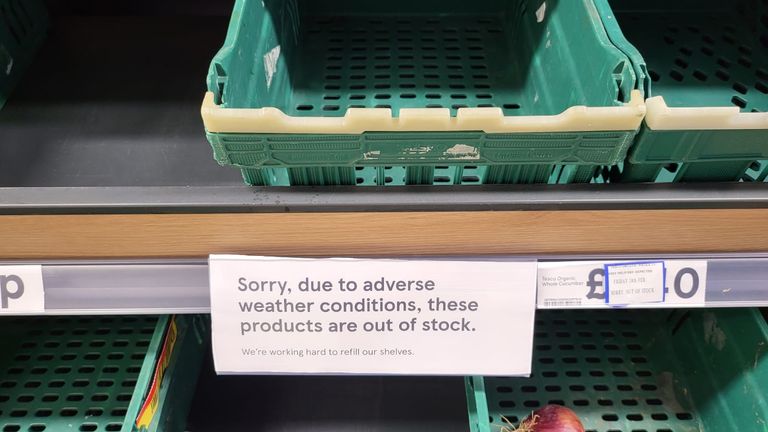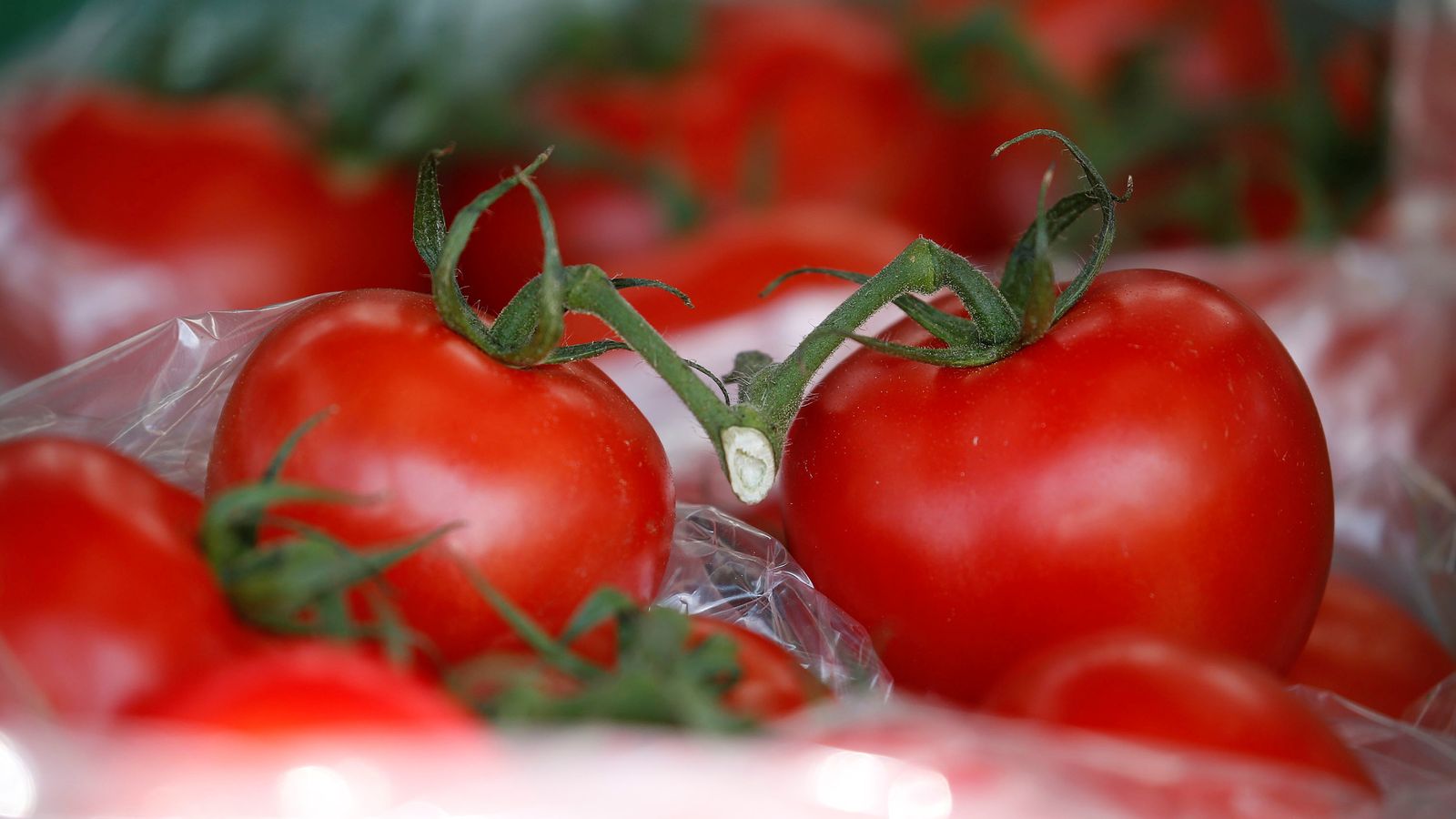
Lidl has become the latest supermarket to impose limits on the numbers of peppers, cucumbers and tomatoes customers can buy.
As with other leading supermarkets which have imposed purchase limits on certain salad items, Lidl has said the move is due to shortages of the products because of weather conditions.
“As advised to our customers through signage in our stores last week, adverse weather conditions in Spain and Morocco have recently impacted the availability of certain salad items across the supermarket sector,” the German discount supermarket said.
The measure is precautionary in nature it said, and availability is good across the majority of stores.
“Due to a recent increase in demand we have taken the decision to temporarily limit the purchase of peppers, tomatoes and cucumbers to three items per person,” Lidl said. “This will help to ensure that all of our customers have access to the products they need.”
It comes as UK supermarkets have been called in to answer questions from the Department for Environment Food and Rural Affairs (DEFRA) as vegetable shortages persist.
Representatives from major retailers experiencing shortages are to meet food and farming minister Mark Spencer on Monday afternoon.
Lidl joins Tesco, Aldi, Asda and Morrisons who have all announced limits on some items in the past week.
“I am calling in supermarket chiefs to find out what they are doing to get shelves stocked again and to outline how we can avoid a repeat of this”, Mr Spencer said.
Today’s meeting follows conversations between Environment Secretary Therese Coffey and some of the main retailers on Friday.
Drought in the summer in Morocco and Spain followed by cold weather in winter has caused damaged crops. The two locations are where the UK meets much of its winter demand for salad vegetables.
Read more
UK needs to ‘take command’ of its own food production, says NFU’s deputy president
Vegetable shortages could become more common if UK does not act
At the same time many UK farmers have reduced their greenhouse output due to high energy costs. Items such as tomatoes and peppers can be grown in the UK through winter via lit and heated greenhouses and with fertiliser derived from gas.
But the energy intensive industry has not been given the same government supports as other big energy users. As a result some UK farmers have been put off planting and planted later in the year.
Supermarkets in the European Union have managed to avoid the shortages as charging higher prices mean suppliers prioritise them.
The problem was compounded by poor weather impacting sea crossings from Morocco to Spain. Fruit and vegetables from Morocco make two sea crossings: across the straits of Gibraltar and the channel in a journey that takes four to six days.
The second hit in the fruit and vegetable journey came from strikes by Border Force workers and Calais port workers last week.












